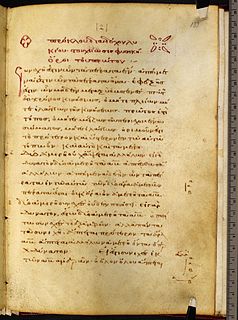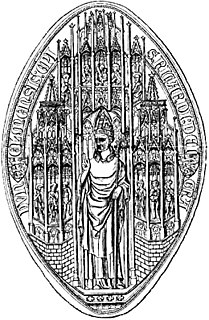A Quote by Cornel West
A philosopher's a lover of wisdom.
Quote Topics
Related Quotes
A philosopher is a lover of wisdom, not of knowledge, which for all its great uses ultimately suffers from the crippling effect of ephemerality. All knowledge is transient, linked to the world around it and subject to change as the world changes, whereas wisdom, true wisdom is eternal, immutable. To be philosophical one must love wisdom for its own sake, accept its permanent validity and yet its perpetual irrelevance. It is the fate of the wise to understand the process of history and yet never to shape it.
To a Mistress Dying Lover. YOUR beauty, ripe and calm and fresh As eastern summers are, Must now, forsaking time and flesh, Add light to some small star. Philosopher. Whilst she yet lives, were stars decay'd, Their light by hers relief might find; But Death will lead her to a shade Where Love is cold and Beauty blind. Lover. Lovers, whose priests all poets are, Think every mistress, when she dies, Is changed at least into a star: And who dares doubt the poet wise? Philosopher. But ask not bodies doom'd to die To what abode they go; Since Knowledge is but Sorrow's spy, It is not safe to know.
The Greek word for philosopher (philosophos) connotes a distinction from sophos. It signifies the lover of wisdom (knowledge) as distinguished from him who considers himself wise in the possession of knowledge. This meaning of the word still endures: the essence of philosophy is not the possession of the truth but the search for truth. ... Philosophy means to be on the way. Its questions are more essential than its answers, and every answer becomes a new question.
I had a friend in college who loved to say: 'If you can dream it, you can do it.' It became my mantra. I assumed it was a pearl of wisdom from some great thinker, a philosopher perhaps, like Descartes. It turned out to be Walt Disney, which in no way diminishes the wisdom of the advice. Anyone who can build a Magic Kingdom deserves to be listened to.
I have always taken as the standard of the mode of teaching and writing, not the abstract, particular, professional philosopher, but universal man, that I have regarded man as the criterion of truth, and not this or that founder of a system, and have from the first placed the highest excellence of the philosopher in this, that he abstains, both as a man and as an author, from the ostentation of philosophy, i. e., that he is a philosopher only in reality, not formally, that he is a quiet philosopher, not a loud and still less a brawling one.
The library...of wisdom is more precious than all riches, and nothing that can be wished for is worthy to be compared with it. Whosoever therefore acknowledges himself to be a zealous follower of truth, of happiness, of wisdom, of science, or even of faith, must of necessity make himself a lover of books.




































